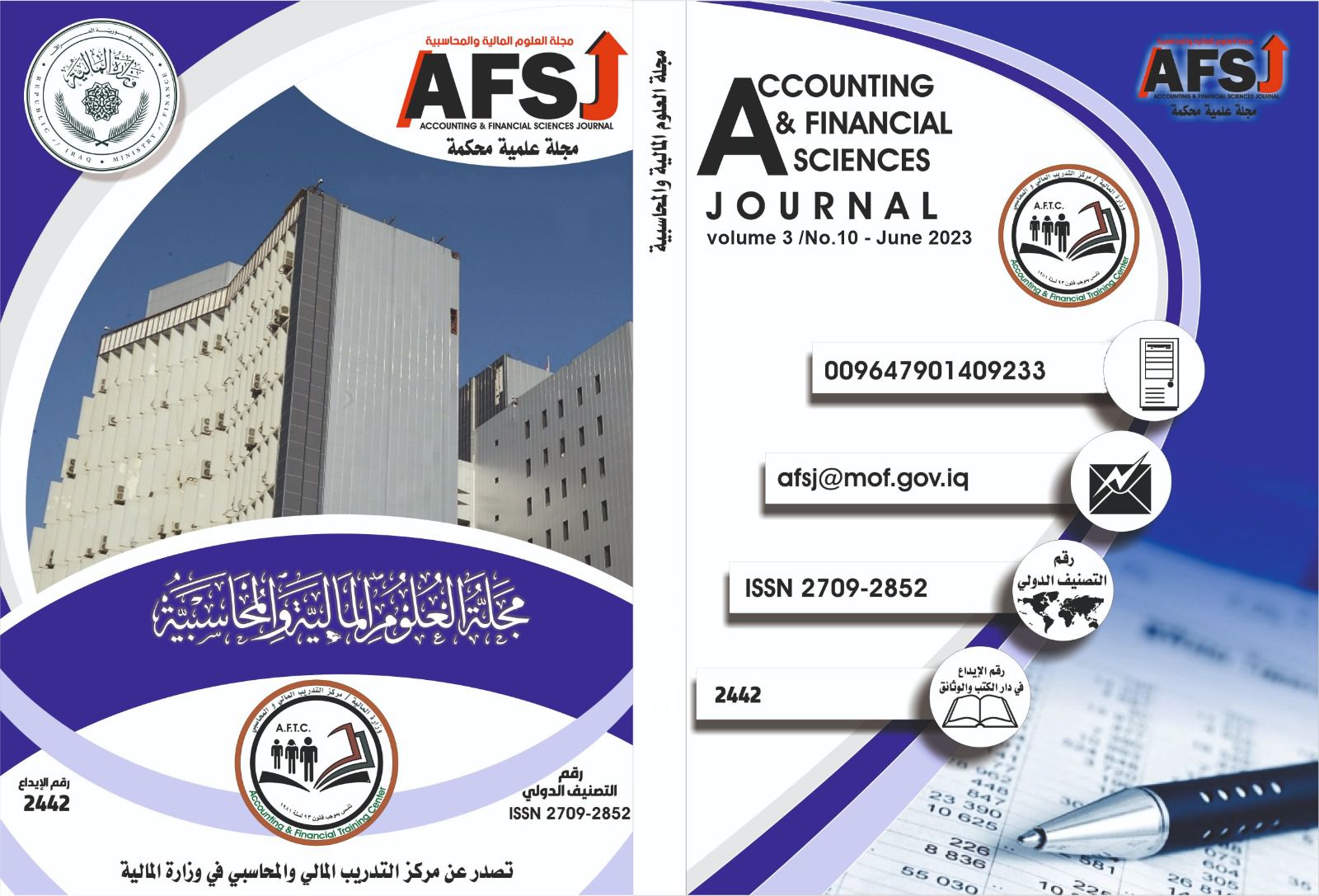Abstract
Future foresight stands as a pivotal hallmark of governmental evolution, showcasing preparedness and readiness to navigate the dynamic challenges and transformative forces within the rapidly evolving business landscape. In an era of intense institutional competitiveness, it serves as a crucial metric for evaluating the effectiveness of achieving targeted governmental outcomes that effectively meet the aspirations of all stakeholders. This forward-looking approach has become a distinct characteristic of the UAE, particularly in measuring governmental excellence across its various sectors through a unique system that parallels the European Excellence Model. Notably, this emphasis has intensified following the profound repercussions of the COVID-19 pandemic, which significantly impeded the progress of global financial and economic systems. The pandemic catalyzed numerous international and regional organizations to scrutinize the realities and future challenges facing diverse professional and business sectors. This examination aimed to devise strategies for development and restructure to address anticipated challenges over the next thirty years. This impetus drove the Ras Al Khaimah Department of Finance to investigate the prevailing conditions and determinants impacting the financial and accounting sector, aligning with the nation's preparations for the Year of the 50th and the UAE Centennial 2071. This long-term vision includes fostering non-oil sector revenue growth, providing a compelling rationale for this study. The research delves into the key determinants of future foresight influencing the financial and accounting sector, employing the SWOT methodology to identify strengths, weaknesses, opportunities, and threats. This analysis aims to inform decision-makers in shaping future strategies to bolster the financial and accounting sector within the Ras Al Khaimah government, thereby contributing to the realization of the UAE Centennial's objectives post-COVID-19. The UAE's local governments demonstrated remarkable resilience during the pandemic, positioning this study's findings as a valuable benchmark for financial and accounting organizations. The research advocates for continuous improvement mechanisms to ensure readiness in addressing the determinants identified through expert consultations and brainstorming sessions. Leveraging decision-making groups and multi-criteria analysis, the study prioritizes and analyses trends, culminating in proactive measures. These measures aim to enhance the Ras Al Khaimah Department of Finance's preparedness by developing scenarios for each determinant and anticipating their interactions, thereby optimizing decision-making through future foresight tools and mechanisms.
Keywords
Covid-19
Financial and Accounting Sector of Ras Al Khaimah."
Future Foresight
Abstract
يعد استشراف المستقبل من أهم ملامح التطور في أداء الحكومة واظهار مدى استعداديتها وجاهزيتها للتعامل مع مختلف التحديات وعوامل التغير في بيئة الأعمال المتسارعة في ظل شدة التنافسية المؤسسية وقياس مدى فاعليتها في تحقيق المخرجات الحكومية المستهدفة التي تلبي تطلعات كافة الأطراف المستفيدة بفاعلية وكفاءة، وأصبحت سمة مميزة لدولة الامارات هذا الجانب الاستشرافي في قياس منظومة التميز الحكومي داخل مختلف القطاعات الحكومية بالدولة عبر منظومة تفردت بها الدولة على المستوى العالمي بشكل يماثل منظومة التميز الأوروبي ، ولاسيما عقب تبعيات انتشار جائحة كوفيد 19 التي أثرت بشكل سلبي كبير على الحد من سرعة وتيرة تقدم الأنظمة المالية والاقتصادية على نحو المخطط عبر مختلف دول العالم نتيجة مواجهة الآثار الناجمة عن هذا الوباء على مؤسسات الأعمال. وكانت لهذه الجائحة الدافع الأساسي للعديد من المنظمات والهيئات الدولية والاقليمية من أجل العمل على فحص واقع وتحديات مستقبل العديد من قطاعات الوظائف والأعمال ودراسة سبل تطويرها وإعادة بلورة أدوارها وهيكلتها لمواجهة أهم التحديات والمحددات المتوقع التأثير عليها خلال الفترة المستقبلية الممتدة إلى ثلاثون سنة قادمة، وكانت إحدى الدوافع التي دفعت دائرة المالية برأس الخيمة إلى دراسة هذا الواقع والمحددات المؤثرة على القطاع المالي والمحاسبي، ولاسيما في ظل المواءمة مع توجهات الدولة نحو الاستعداد لعام الخمسون والتي أسفرت عن تحديد برنامج مئوية الأمارات بحلول 2071، والتي تضمنت أبرز أهدافها بعيدة المدى العمل على تنمية الايرادات للقطاعات غير النفطية، وهذا كان داعي حقيقي للدراسة الحالية من أجل دراسة أهم محددات استشراف المستقبل المؤثرة على القطاع المالي والمحاسبي خلال تصنيف أهم عوامل القوة والضعف والفرص والتهديدات وفقا لمنهجية SOWT لرسم أهم التوجهات المستقبلية التي يمكن أخذها بعين الاعتبار من قبل صناع القرار في رسم اهم ملامح المستقبل تجاه تعزيز دور القطاع المالي والمحاسبي بشكل يمكنها من المساهمة الفعالة نحو التقدم إلى تحقيق أهداف مئوية الإمارات عقب تداعيات جائحة كورونا، والتي أظهرت خلالها الحكومات المحلية في دولة الامارات تفوقا ملحوظا في جاهزية التعامل مع تلك الجائحة بما يمكن أن تكون نتائج هذه الدراسة كمعيار استرشادي للعديد من المنظمات والمؤسسات في القطاع المالي والمحاسبي من اجل العمل على تبني آليات التحسين المستمر لضمان جاهزيتها في التعامل مع معطيات ومخرجات مصفوفة المحددات الاستشرافية التي نجمت عن استطلاع رأي العديد من العاملين والخبراء في القطاع المالي والمحاسبي عبر جلسات عصف ذهني مستندة إلى توظيف تقنيات مجموعات صنع القرار ومصفوفة متعددة المعايير لتحليل التوجهات ورصد أولويات التعامل مع المحددات المستهدفة، تمهيدا إلى الوصول إلى العديد من الاجراءات الاحترازية التي تضمن الجاهزية والاستعدادية لدور القطاع المالي الحكومي لرسم سيناريوهات مواجهة كل محدد على حدة مع رصد التفاعلات المحتملة بين تلك المحددات لدعم صناعة القرار بشكل أمثل وفقا لآليات وأدوات استشراف المستقبل.
Keywords
استشراف المستقبل، كوفيد 19، القطاع المالي والمحاسبي لإمارة رأس الخيمة
